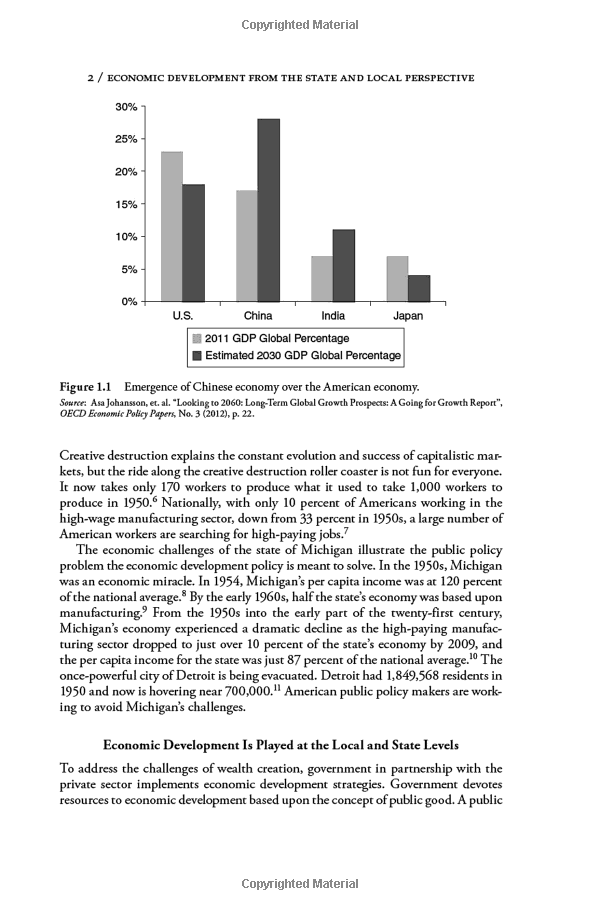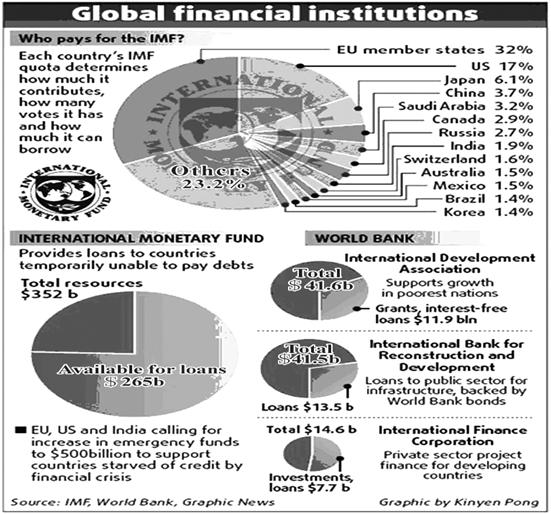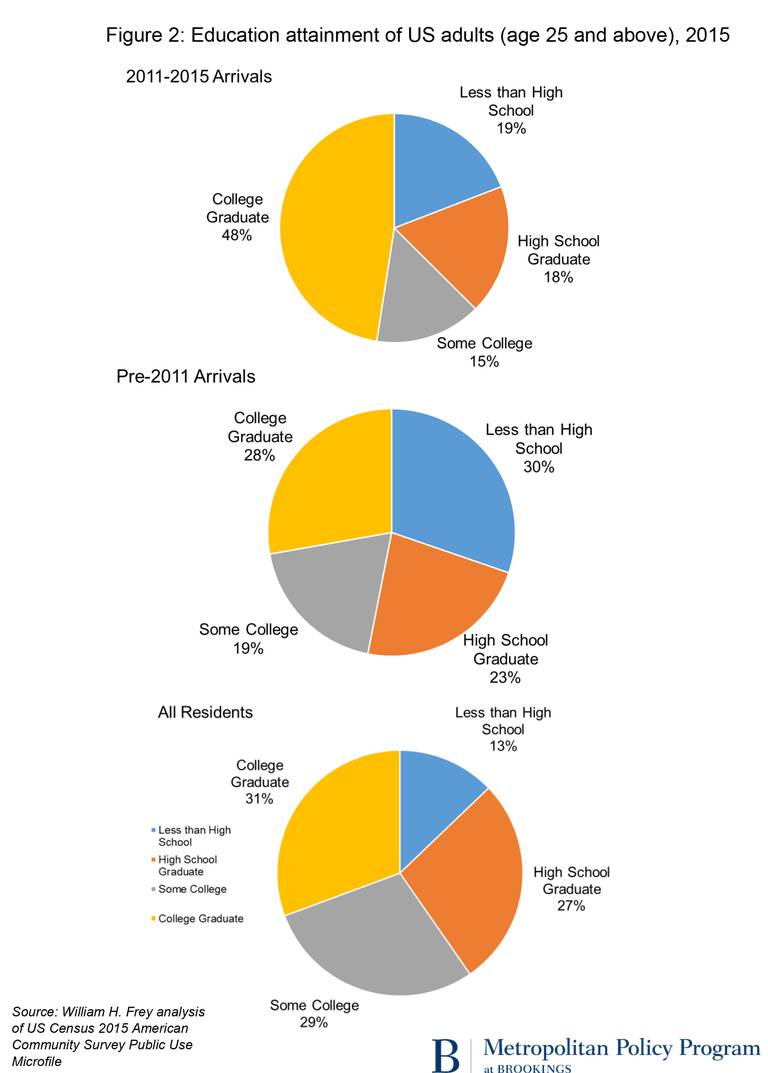The Impact of Student Loan Debt Cancellation on Financial Freedom and Economic Growth
#### Understanding Student Loan Debt CancellationStudent loan debt cancellation refers to the process of forgiving or eliminating the outstanding debt that……
#### Understanding Student Loan Debt Cancellation
Student loan debt cancellation refers to the process of forgiving or eliminating the outstanding debt that borrowers owe on their student loans. This can occur through various means, such as government programs, legislative measures, or institutional policies aimed at alleviating the financial burden on graduates and current students. As student loan debt has reached staggering levels in recent years, the conversation around debt cancellation has gained significant traction, making it an increasingly important topic of discussion among policymakers, economists, and the public.
#### The Burden of Student Loan Debt
In the United States alone, student loan debt has surpassed $1.7 trillion, affecting millions of borrowers. Many graduates find themselves struggling to make monthly payments, leading to financial stress that can hinder their ability to save for the future, purchase homes, or invest in their careers. The average student loan debt for college graduates is approximately $30,000, which can take decades to repay. This debt can create a cycle of financial instability that affects not only the borrowers but also the economy as a whole.
#### The Case for Student Loan Debt Cancellation

Proponents of student loan debt cancellation argue that forgiving this debt can provide a much-needed economic stimulus. By alleviating the burden of loan repayments, individuals would have more disposable income to spend on goods and services, thereby boosting local economies. Additionally, debt cancellation could help close the wealth gap, particularly for marginalized communities who are disproportionately affected by student debt.
Moreover, student loan debt cancellation is often seen as a moral imperative, as many borrowers have been misled about the cost of higher education and the potential return on investment. The increasing cost of college tuition, combined with stagnant wages, has left many graduates in a precarious financial situation, making it difficult to achieve their personal and professional goals.
#### Potential Economic Impact
The potential economic impact of student loan debt cancellation is significant. Studies suggest that forgiving student debt could lead to a substantial increase in GDP, as individuals would have the financial freedom to invest in homes, start businesses, and contribute to their communities. Furthermore, it could lead to an increase in consumer spending, which is a critical driver of economic growth.

In addition to the immediate economic benefits, student loan debt cancellation could encourage higher enrollment rates in higher education. If prospective students know that they will not be burdened by overwhelming debt, they may be more likely to pursue degrees and skills that enhance their employability and contribute to a more educated workforce.
#### Challenges and Considerations
Despite the potential benefits, student loan debt cancellation is not without its challenges. Critics argue that it may disproportionately benefit higher-income individuals who attended prestigious institutions, as they often carry larger debts. Additionally, there are concerns about the fairness of forgiving debt for those who have already paid off their loans or chose not to attend college.
Furthermore, implementing a comprehensive debt cancellation program would require substantial government funding and could lead to increased taxes or reallocation of resources from other essential services. Policymakers must carefully consider the long-term implications of such measures and explore equitable solutions that address the root causes of student debt.

#### Conclusion
In conclusion, student loan debt cancellation presents a complex yet critical issue that warrants thoughtful discussion and consideration. As the burden of student debt continues to grow, the potential benefits of cancellation—both for individuals and the economy—cannot be overlooked. Striking a balance between addressing the immediate needs of borrowers and ensuring a fair and equitable approach to higher education financing will be essential in shaping the future of student loan debt in America. The conversation around student loan debt cancellation is not just about financial relief; it is about fostering a more equitable society where education is accessible and affordable for all.